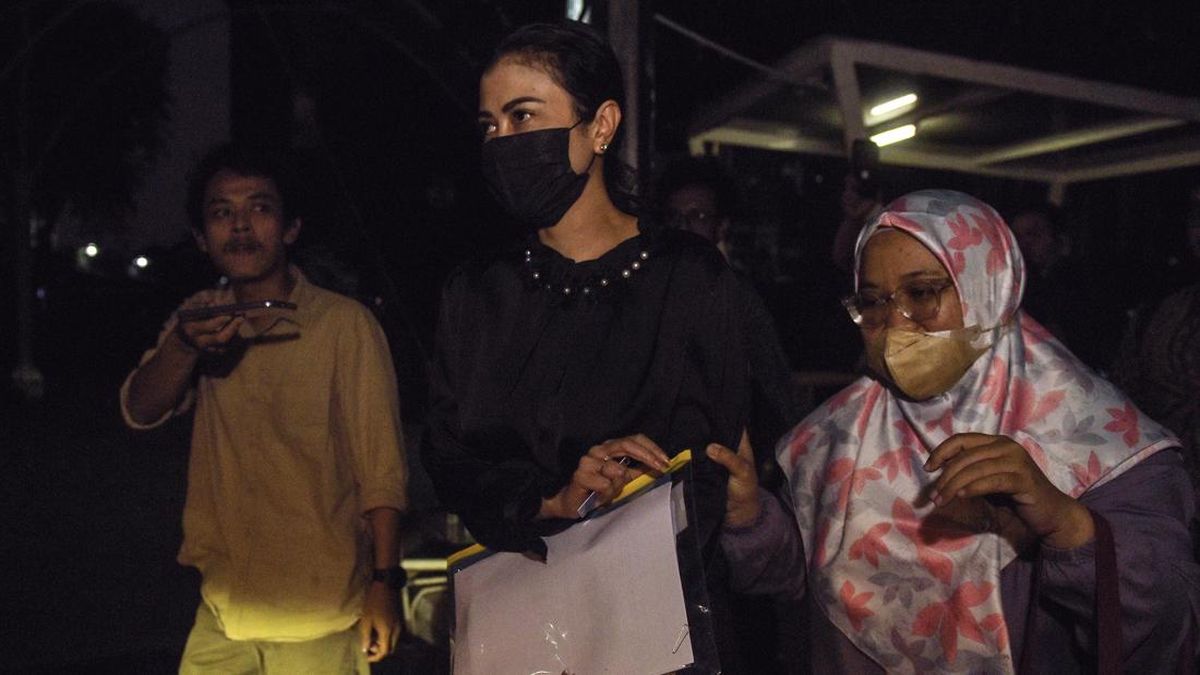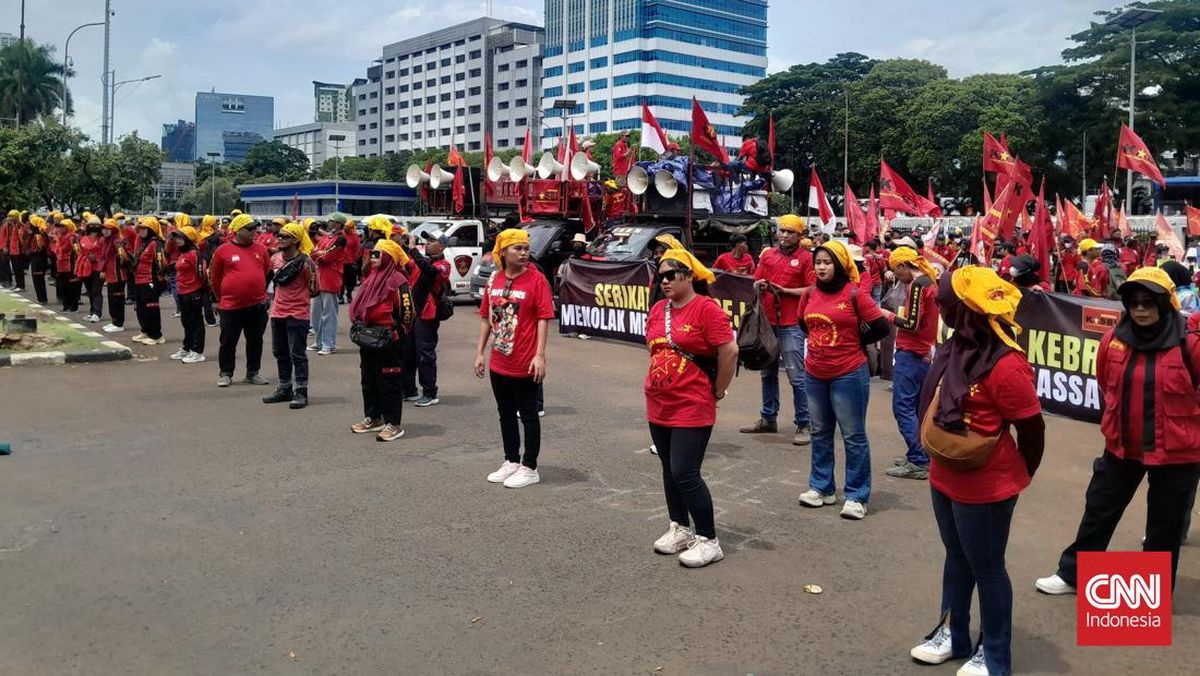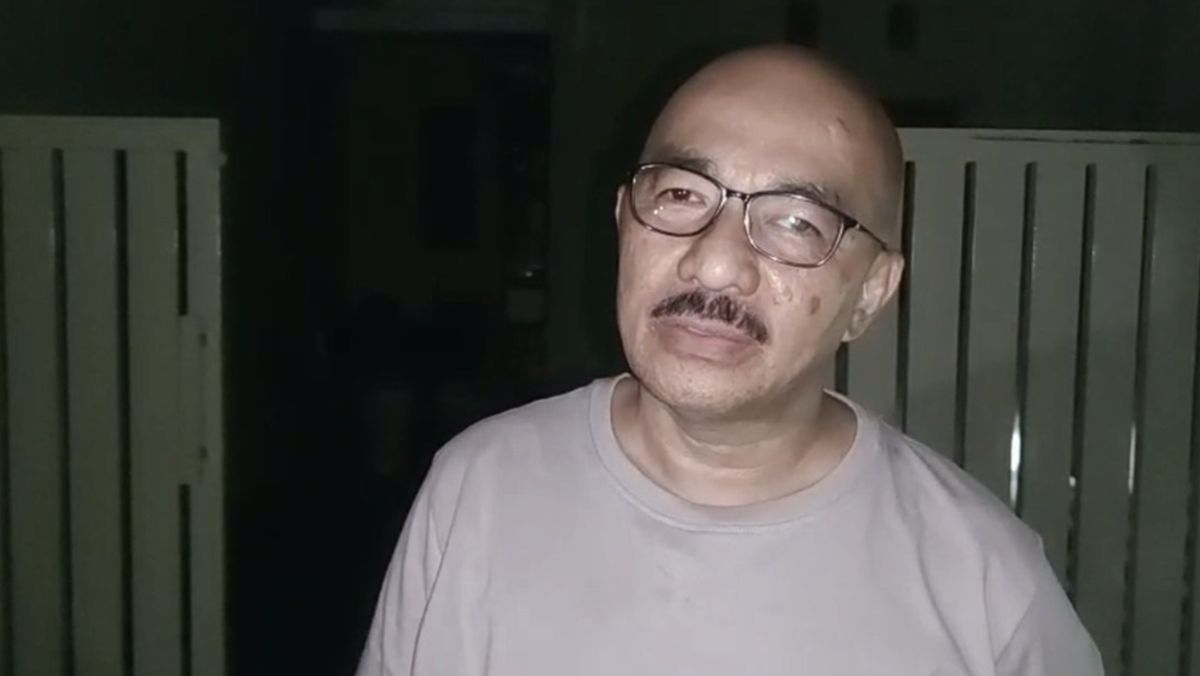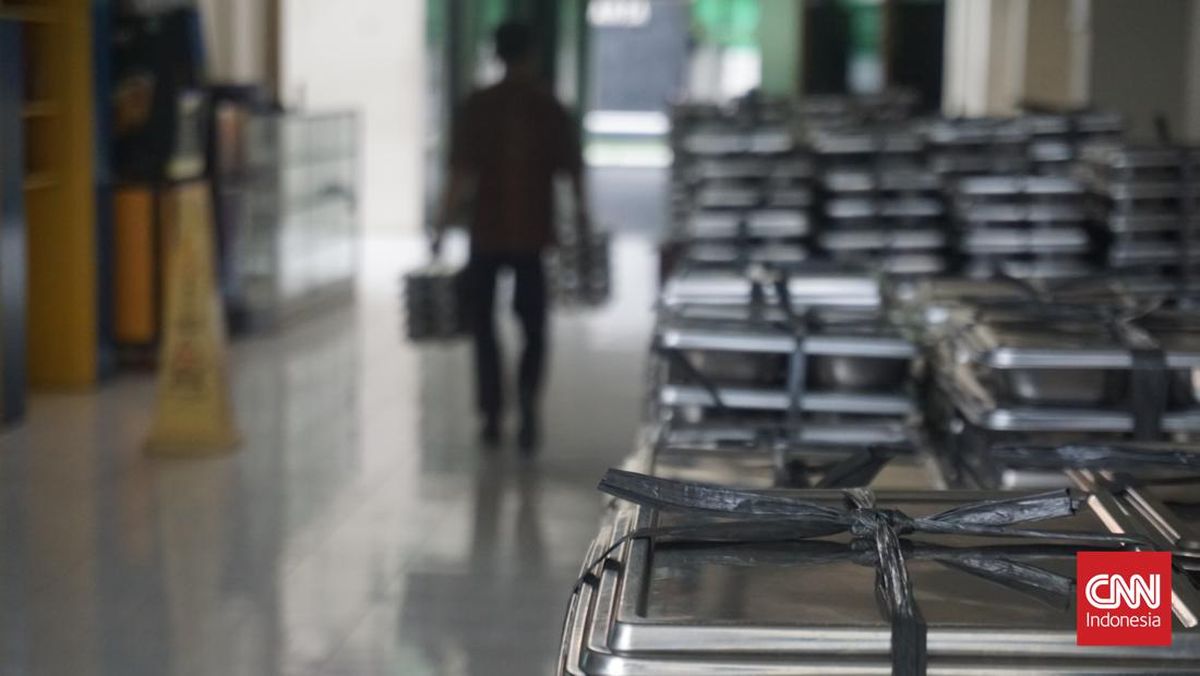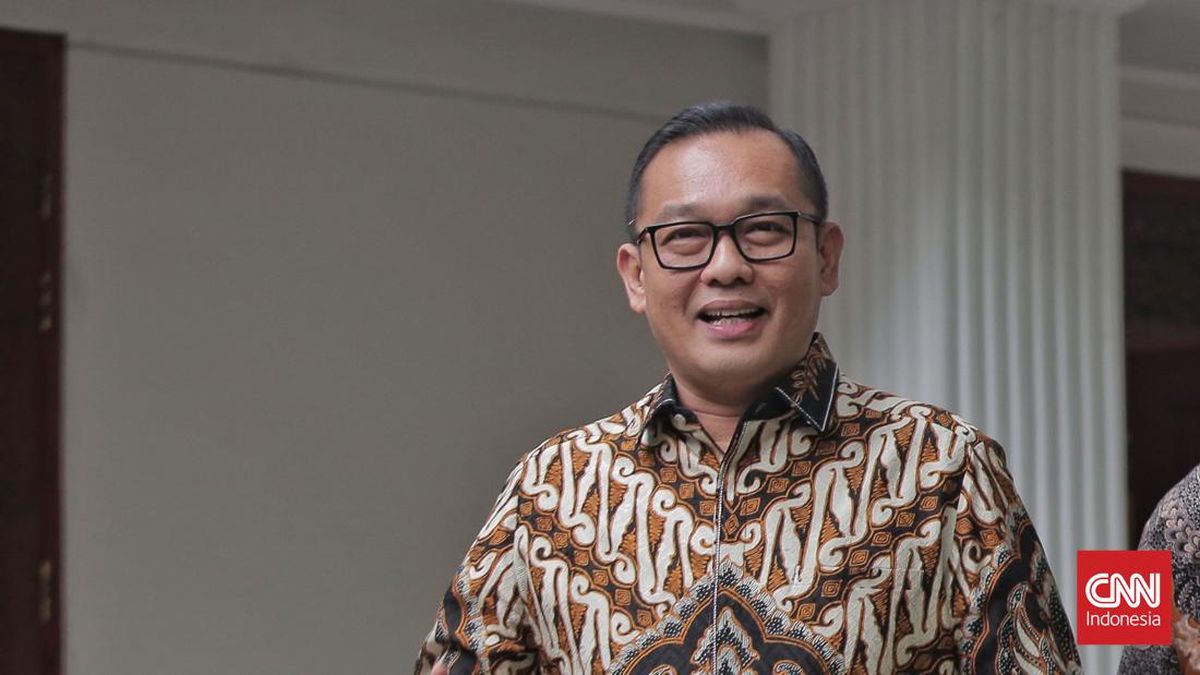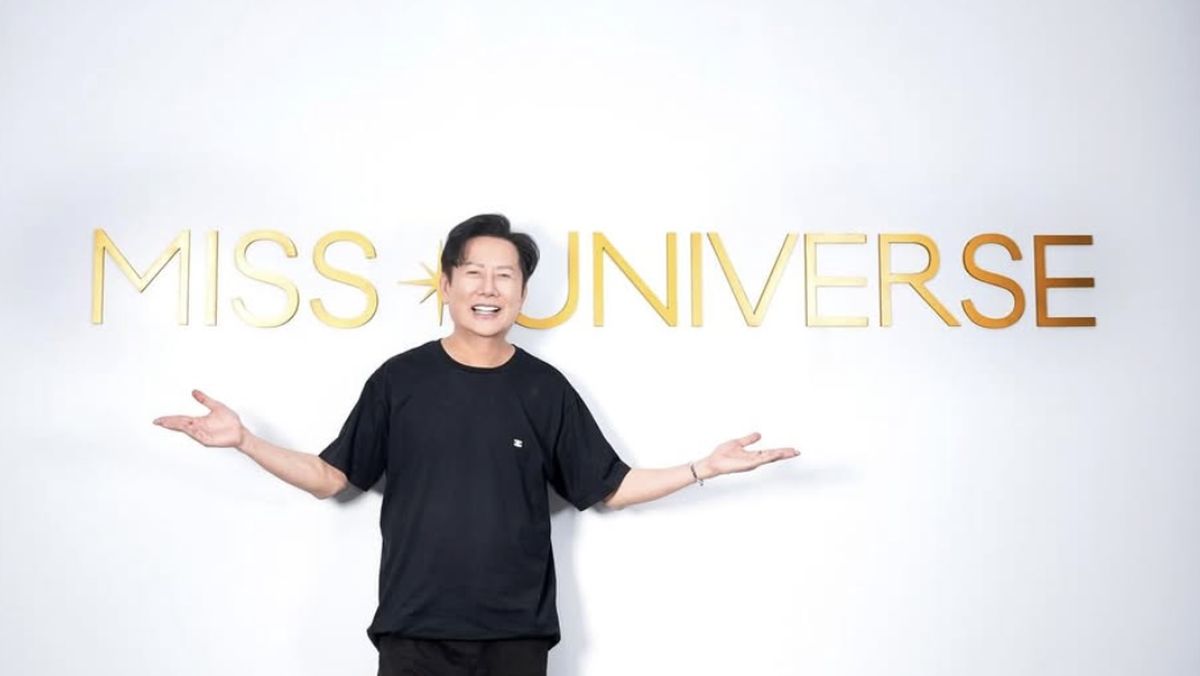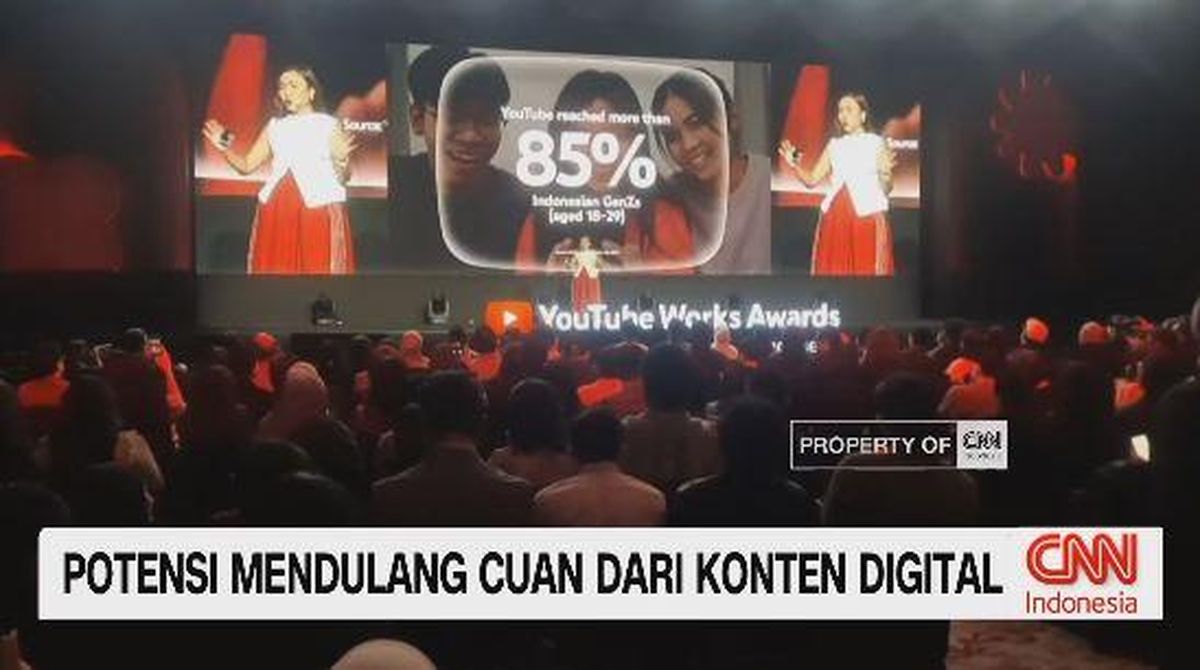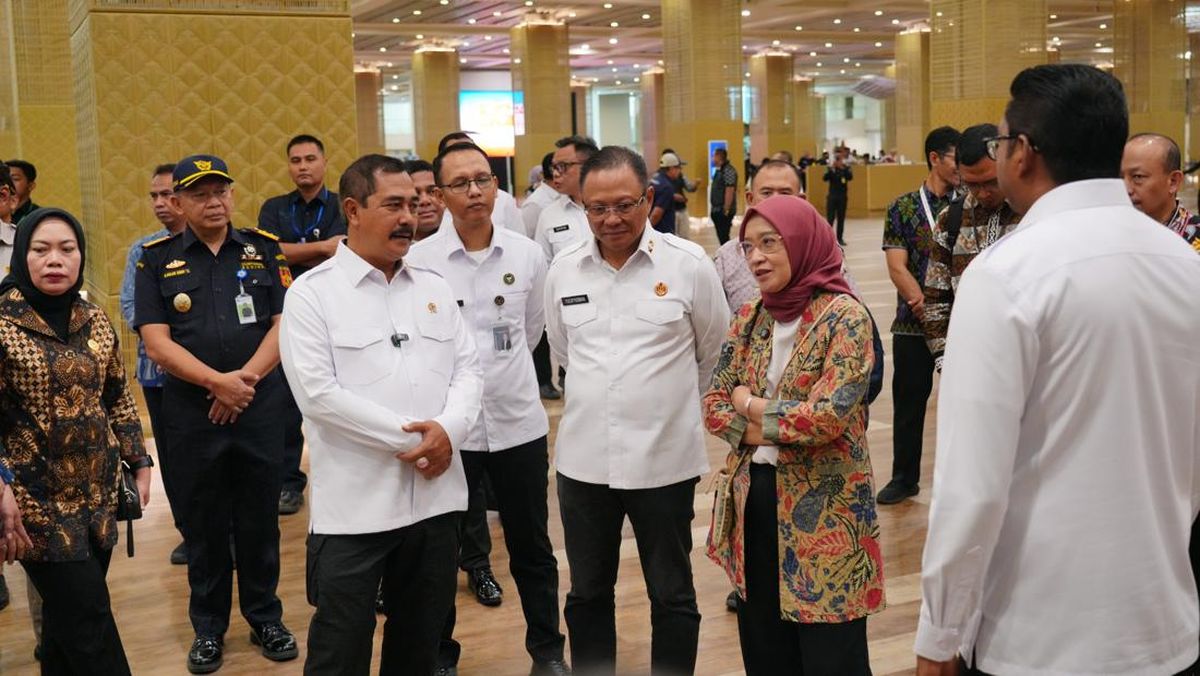One of Australia’s largest pipeline owners launched an advertising campaign that overstated how soon homes could be using climate-friendly gas in an attempt to retain customers and protect its networks from becoming stranded assets in a decarbonising economy, court documents say.
Australian Gas Networks, a distributor to 1.3 million households, is preparing to defend a lawsuit launched by the consumer watchdog alleging a series of its commercials constituted “greenwashing” because they tried to mislead viewers into thinking everyday heating and cooking gas could come from sustainable sources within a generation.

Consumers are increasingly switching from gas stoves and heaters to electric alternatives, aided by government schemes and policies banning gas hook-ups in new homes.Credit:
The so-called “Love Gas” campaign, which ran prominently on TV and social media in 2022 and 2023, was a deliberate attempt to push people to use more gas in their homes and stall customer attrition from the gas network, the Australian Competition and Consumer Commission (ACCC) says.
The company was becoming increasingly worried about the future of its business as state and federal governments were ramping up policies and incentives to encourage homes to go all-electric, the regulator claims.
The allegations have not been tested and this masthead does not suggest they are true, only that they are made in filed court documents.
The ads at the centre of the lawsuit featured an evocative narrative: a father and his young daughter using gas-powered appliances for cooking, heating and bathing, before fast-forwarding in time to show the daughter engaging in the same activities as an adult.

An image from the advertising campaign called “Love Gas”.Credit: ACCC
“Some things will never change but the flame we use will,” said the voiceover in the ad. “It’s becoming renewable.”
Natural gas is a fossil fuel that releases greenhouse gas emissions when it is processed and burned, making it a major driver of dangerous global warming.
Court documents filed by the ACCC allege the company knowingly overstated the likelihood that cleaner fuels – such as gases made from organic waste or green hydrogen – could soon be used for heating, cooking and hot water, when in reality it was “highly uncertain” if and when it would be possible to overcome an array of technical and economic challenges to produce them at scale.
Loading
At the same time as it rolled out the ads, the company was also applying to regulators for the ability to charge customers more money to recoup its investment over a shorter period due to doubts around the future of its business and “whether gas networks will be in business at all” in 2050.
In 2022 Victoria began consulting on a strategy to speed up households’ shift from gas, and in 2023 it banned new gas connections in all new homes. This was followed by the Commonwealth announcing $1 billion in funding to support household gas-to-electric switching.
Board minutes and corporate marketing plans obtained by the ACCC indicate Australian Gas Networks wanted its ads to “influence customers to get connected to the gas network, stay connected and add more natural gas appliances to their homes” and to “maintain market confidence and reduce switching in Victoria”, the court files say.
“Australian Gas Networks was concerned that its revenue might decrease due to lower household demand for gas, and that its significant gas transmission and distribution assets may become stranded,” says the ACCC.
Loading
In the energy sector, stranded assets are those that become uneconomic due to green technological advances, consumer preference shifts or sudden changes in government policy. Australian Gas Networks generates revenue via pipeline usage charges, meaning its business model will come under intensifying pressure if there are not enough homes and companies using gas to heat their premises.
Australian Gas Networks declined to comment on the proceedings. In a statement provided to the court it denies that its ads conveyed that renewable gas would be available within a generation, but says there were reasonable grounds to make such a claim at the time.
It argues there were multiple viable pathways to supply households with renewable gas, and it was “technically feasible” to do so, while pointing to “significant government support” for renewable gas production.
“Several state governments had adopted hydrogen policies and commitments,” it says. “There was a significant volume of studies, analysis and work programs in respect of renewable gases and their development.”
Australian Gas Networks says it has a target of delivering 10 per cent renewable gas by 2030 and a “stretch target” for 100 per cent by 2040. However, other than a small demonstration program blending 5 per cent hydrogen with gas to a few thousand homes in South Australia, the fuel distributed in its pipelines in 2022-23 was entirely natural gas.
The case is listed in the Federal Court for a case management hearing on Friday.
The Business Briefing newsletter delivers major stories, exclusive coverage and expert opinion. Sign up to get it every weekday morning.
Most Viewed in Business
Loading

